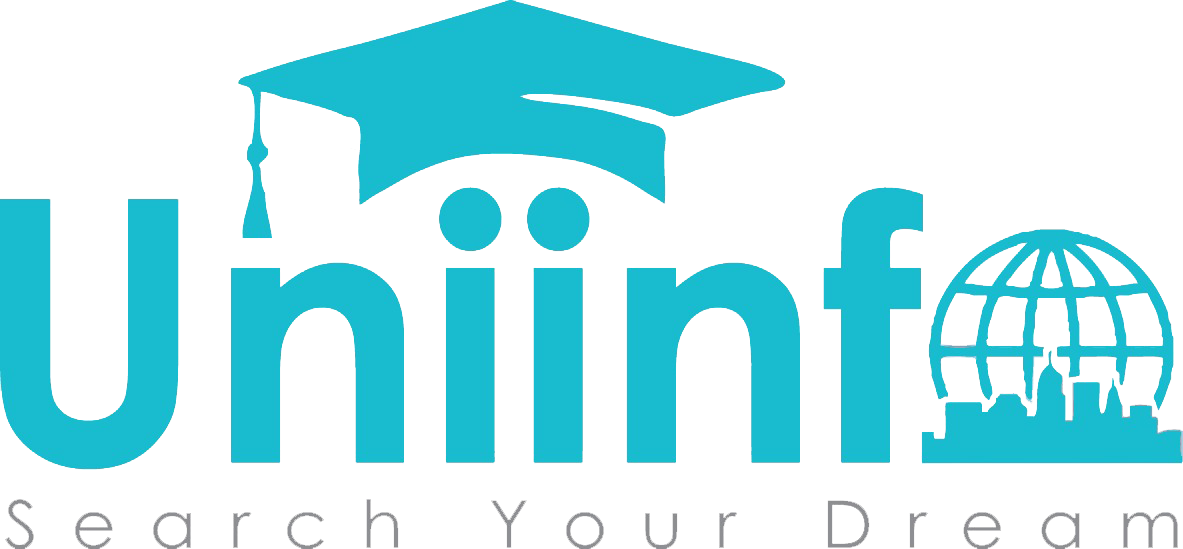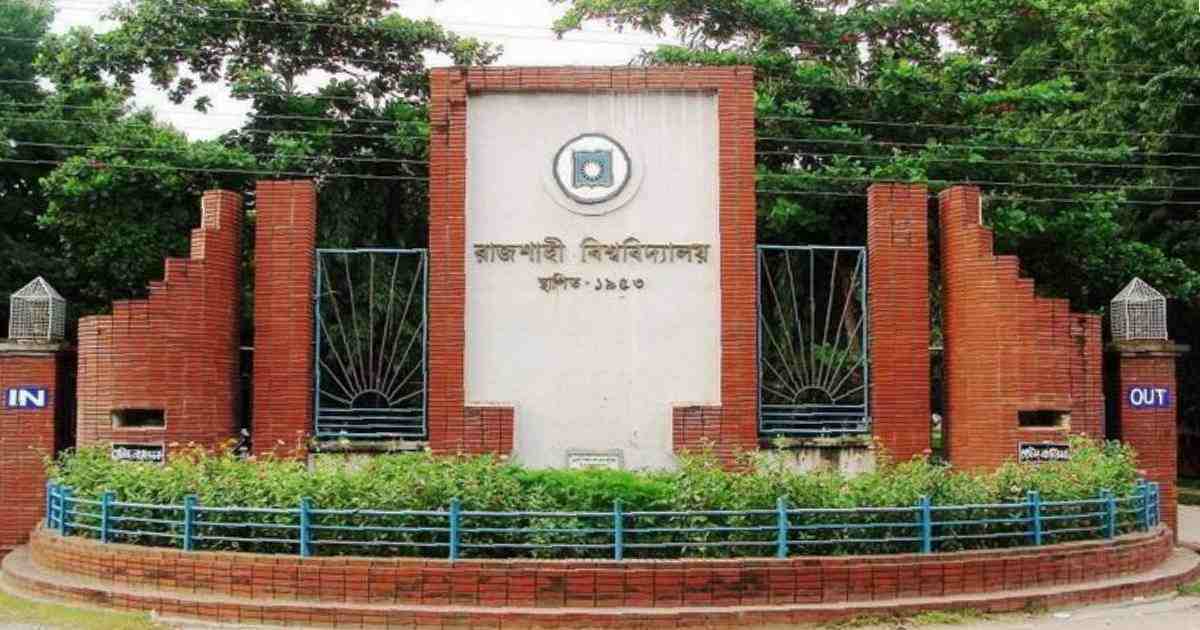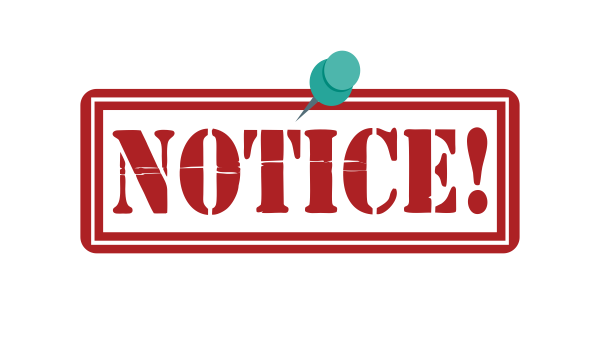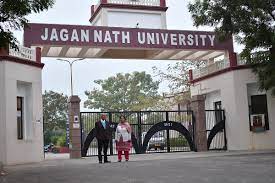Those born before the turn of the century can still remember a time when passing any board exam was a cause for celebration, not just for the examinee but for the whole family. Elusive distinctions like star marks or letter marks would spell sweetmeats for the whole neighbourhood.
But these are a thing of the past now. In 2001, it was replaced with the more modern Grade Point Average (GPA) at the SSC level and by 2003 it was introduced at the HSC level.
Consequently, in recent years, tons of students are getting GPA-5. Achieving GPA-5 means that the student has obtained at least 80% marks in all subjects on average. Yet, a vast majority of them are failing university admission tests.
So, what is going on here? Are we being too liberal with handing out GPA-5s or are the admission tests too hard? Or is something entirely different at work here?
A total of 2,70,000 students took part in this year's Dhaka University admission tests divided into five units. Of them, only 10.23%, or 27,488 got the pass mark. This has been more or less the case for quite some time now.
At the inception of the HSC exam, only 20 students got a GPA of 5.00. This year 1.89 lakh students got the coveted GPA-5 in their HSC exams. Has the quality of the students risen that much? If yes, why did a big chunk of them fail to get the minimum pass marks at the Dhaka University Admissions Test, let alone secure a seat?
It can be assumed that these students are getting grades that do not reflect their level of competence. This phenomenon has been described by many experts as Grade inflation (aka grading leniency), which is the practice of awarding grades higher than students deserve. Naturally, the question arises, how are students securing a grade they most likely do not deserve?
"Students now resort to unfair means very casually to do well in board exams and this behaviour is sanctioned and encouraged by their institutions. The school or college they study in contacts the institution that is going to be the venue for board exams and persuades the host institution to show leniency while invigilating," said a college professor who preferred to remain anonymous.
But why would education institutes stoop to such lows? According to him, it is a matter of prestige and cold hard cash. "Educational institutions like to boast that they have a high passing rate and that tons of their students have got GPA-5. It helps them attract more students," he added.
It is undeniable that the government has taken some laudable steps to promote education. In Bangladesh, primary education is free, the government provides the national curriculum textbooks among students from class 5 to class 12, free education is offered for girls up to grade 10, there are special stipends for female students and there has also been a celebrated food-for-education literacy movement.
But the dramatic increase in both the passing rate and GPA-5 numbers cannot be explained by these factors alone. When the current grading system was introduced at the secondary level in Bangladesh in 2001, about 0.6 million students participated in SSC or equivalent examinations that year and 35.22% passed. This year the pass rate stood at a staggering 93.58.
Preferring anonymity, a school teacher told The Business Standard, "There is pressure on us to ensure that the (exam) papers we grade don't do too poorly. We need to hand out marks leniently," But where exactly this pressure originates from, she could not say.
After receiving these arguably inflated grades students naturally start overestimating their abilities and grow complacent. The result of which we are witnessing in the university admission exams.
According to Dhaka University sources, 55% of the students failed English in the Kha unit, 76% in the Ga unit and 54% in the Gha unit.
"I have checked the written part of the admission test exam papers. There were two exercises, one was an essay about the effects of climate change and the other was sentence-making from six given words. And the majority of the students failed to spell 'change' correctly," said Zaynul Abedin, Assistant Professor, Department of English, University of Dhaka.
He also noted students mostly stuck to very basic sentences, there was little to no use of transitional words and examinees generally displayed a limited vocabulary.
There was also a tendency among students to try and outsmart the examiners. "In the sentence-making section, there was a word 'vanity'. A multitude of students wrote sentences like 'I know the meaning of vanity but I won't tell you.' Where did the students get the idea to write such preposterous sentences? This is food for thought," said Zainul.
"I can't say the students who were admitted are great at English or that they don't make any mistakes either. While teaching first-year students I have experienced that some of them even need to be taught the basics," Zaynul said. "So, I have my reservations regarding the quality of some students who got a chance as well, not all but some," he added.
So what is the reason behind this stark lack of quality?
Zainul believes many teachers don't know the proper methodology for communicative language teaching and it has in turn made them callous. A lot of them are under the assumption that one does not need to learn proper grammar or syntax, to learn in this method.
He said, "We are lagging behind in teaching methodology. We are supposed to follow the communicative approach. But in order to use this approach the size of the classroom needs to be 10-12 students. Suppose a teaching task calls for students to converse as a tourist and a tourist guide. How can a teacher ensure all students can accomplish a task like that if the class size is not small?"
He believes updating and upgrading the curriculum can certainly help improve the situation but ensuring that teachers get proper training is paramount if we want a way out of the current situation.
courtesy:The business standard








